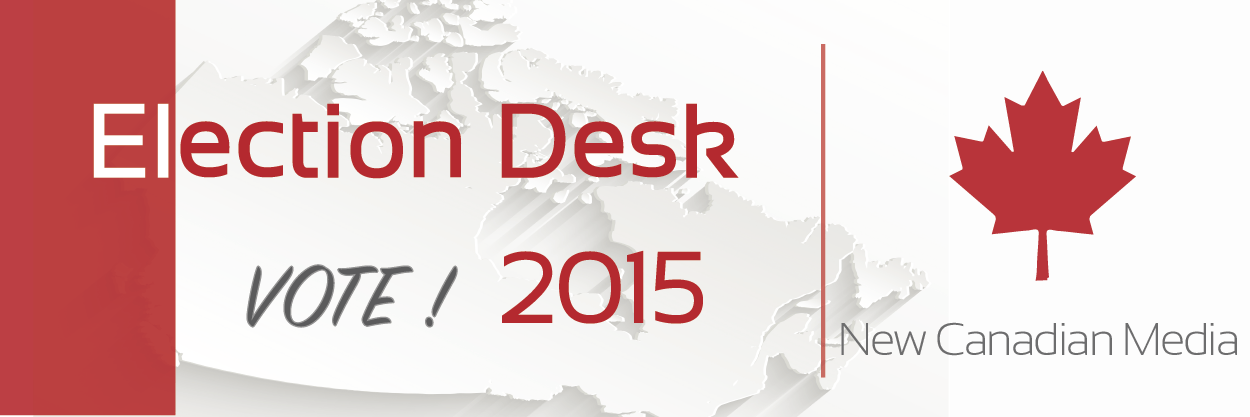 The post-mortem of the federal election is ongoing and until it is complete we will not know the full dynamics behind the results. But one view that is emerging is that the Liberals outperformed the Conservatives in winning the hotly contested “ethnic vote”. Or at least winning back enough of it.
The post-mortem of the federal election is ongoing and until it is complete we will not know the full dynamics behind the results. But one view that is emerging is that the Liberals outperformed the Conservatives in winning the hotly contested “ethnic vote”. Or at least winning back enough of it.
Looking at results from ridings with high proportions of immigrant and visible minority populations, especially in suburban Toronto and Vancouver, this seems to be the case. So what did they do to achieve this?
The ethnic media bandwagon
The first thing is that they woke up to one of the tactics that the Conservatives have successfully employed in recent years – engaging the ethnic media.
Stephen Harper has always been generous with the ethnic media.
Stephen Harper, who has been accused of not being accessible to the mainstream media, has always been generous with the ethnic media.
This relationship was symbiotic. It helped the Conservatives focus on a key segment of the population. In turn, the ethnic media were grateful for easier access.
While the Conservatives maintained this strategy during this past election, they were not alone. The Liberals had been taking notes, and Justin Trudeau was made equally available, if not more so. This was crucial in connecting the Liberals with ethnic communities.
The messages that backfired
Individual campaigns may have employed specific multicultural communication strategies at the riding level, but the parties did not do so to any major extent at a national level.
The only example that was widely covered in the mainstream media was the Conservatives attempts to leverage social hot buttons and associate Trudeau with marijuana and prostitution.
“It’s like they think we’re stupid.”
Along with statements from Jason Kenney, the Conservatives delivered those messages via Punjabi and Chinese language flyers and newspaper advertisements.
This attempt was widely seen as backfiring and indicative of a misreading of Chinese and South Asian voters and their concerns. Many of those voters were well aware of the fact their communities had been singled out for these messages.
As one of my Chinese friends said, “It’s like they think we’re stupid.”
Myths about the ‘ethnic vote’
Ironically the misreading could be a result of past successes. Conservative success with the “ethnic vote” in 2011 is well documented and may have created comforting myths.
For example, The Big Shift by Darrell Bricker and John Ibbitson painted a picture of a Conservative dynasty supported by immigrants who were focused on economic, security and law and order issues and not concerned with issues such as “community supports, the environment and international engagement.”
[M]yths lulled the [Conservative] party into believing that the “ethnic vote” was immune to the messages of the Liberals and NDP.
These myths lulled the party into believing that the “ethnic vote” was immune to the messages of the Liberals and NDP.
However, the results of this election showed that this was clearly not the case. The messages that the Liberals successfully pushed out to the Canadian public were reaching and resonating with “ethnic voters”.
Overall it seems the “ethnic vote” was influenced by the same factors as the general Canadian vote.
One finding that may emerge from the post-mortem is that when the Canadian vote swings right so does the “ethnic vote”. When the vote swings left so does the “ethnic vote”. Maybe we will learn that the “ethnic vote” is now not quite as distinct from the “mainstream vote” as was assumed in the past.
Robin Brown is the co-author of Migration Nation: A Practical Guide to Doing Business in Globalized Canada.
New Canadian Media welcomes other perspectives on the topic of advertising targeted at immigrant communities during the 2015 federal election. Write to admin@newcanadianmedia.ca if interested.




